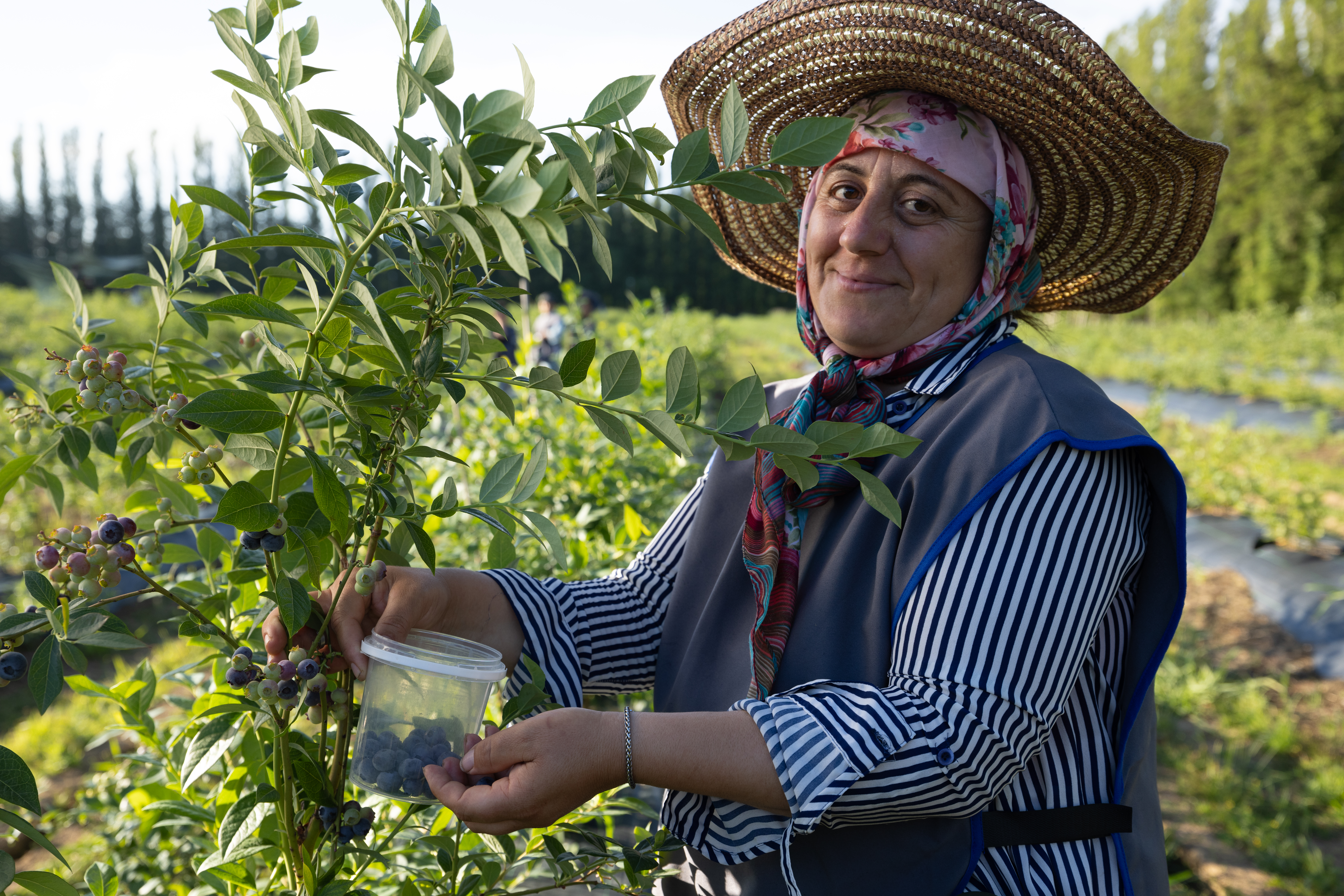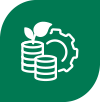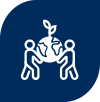USAID Resilient Communities Program
Georgia
Overview
The three-year, $23.8 million USAID Resilient Communities Program (2022-2025) was designed to support households and micro, small, and medium enterprises (MSME) along Georgia’s Administrative Boundary Line (ABL). Driven by private sector engagement, host-country collaboration, and catalytic grant investments, the Program built resilience against shocks, enhanced support for at-risk communities, and stimulated long-term socio-economic development.
Impact
- 403 new jobs created
- $4.9 million stimulated in increased sales
- $10.4 million leveraged from the private sector
- 5,303 households benefitted from new infrastructure

Through previous USAID-funded projects in Georgia implemented by CNFA, the Program had access to a strong network of private sector, donor, NGO, and Government of Georgia partners, which it used to strengthen market systems and facilitate the development of numerous value chains. This increased revenues, created jobs, and built community capacity to address market constraints and make key decisions. The Program targeted communities along the ABL and the occupied regions of Abkhazia and South Ossetia, with the goal of integrating them into the broader Georgian economy.
Approach
Collaboration, flexibility, scalability, and private-sector engagement were central components of the Program. The following approaches were incorporated to successfully build resilience to risks and shocks and stimulate lasting socio-economic development:
- Engage the Private Sector: The USAID Resilient Communities Program enhanced productivity, accelerated knowledge transfer, and improved access to markets for rural communities along the ABL. It used its connection to a variety of businesses throughout Georgia to provide links to enterprises, including USAID Program graduates who were ready to invest back in the industry.
- Host Country Cooperation: To co-invest in development solutions, the Program facilitated productive, functional, trust-based working relationships with key Georgian partners. These partnerships were expanded and strengthened to benefit communities along the ABL.
- Investment in Catalytic Grants: The Program integrated matching grants that were designed to have longer and deeper impacts and strengthen market systems. It targeted communities and market systems where investments would catalyze systemic improvements, build resilience, and strengthen engagement, competitiveness, and market access.
Partners
To implement the USAID Resilient Communities Program, Cultivating New Frontiers in Agriculture (CNFA) collaborated with both international and local partner organizations, including Solimar International, a U.S. small business with rich tourism development experience in Georgia. This included developing a national tourism strategy and a COVID-19 recovery plan at the request of the Georgian government. This also included designing new tour packages, tourism infrastructure, and support services, and assessing and developing Destination Management Organizations.
The Program also worked with the Association Rural Development for Future Georgia (RDFG), a Georgian NGO with more than ten years of experience in community development, disaster risk reduction (DRR), and economic development in the Administrative Boundary Line and throughout Georgia, and The Policy and Management Consulting Group (PMCG), a Georgian consulting firm with a wealth of economic analysis experience, including conducting value chain and niche market analysis. RDFG assisted vulnerable communities in gaining access to services and opportunities. PMCG provided consulting services to government and nongovernmental organizations in community development and planning, private sector development, value chain analyses, MSME development, and organizational capacity development.





